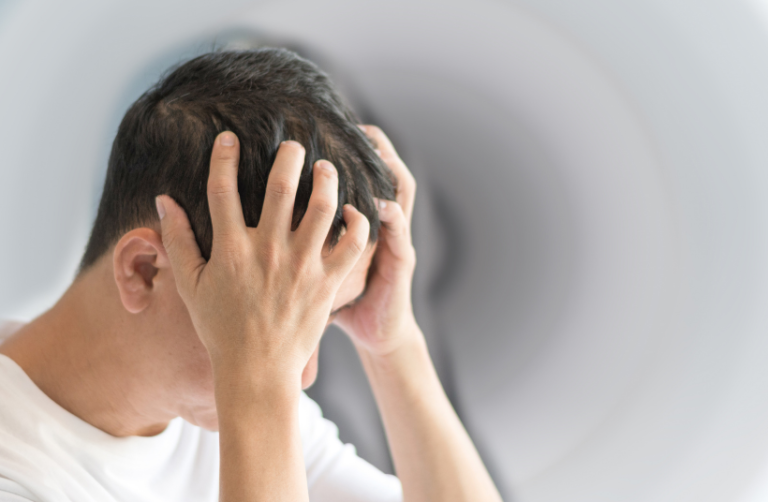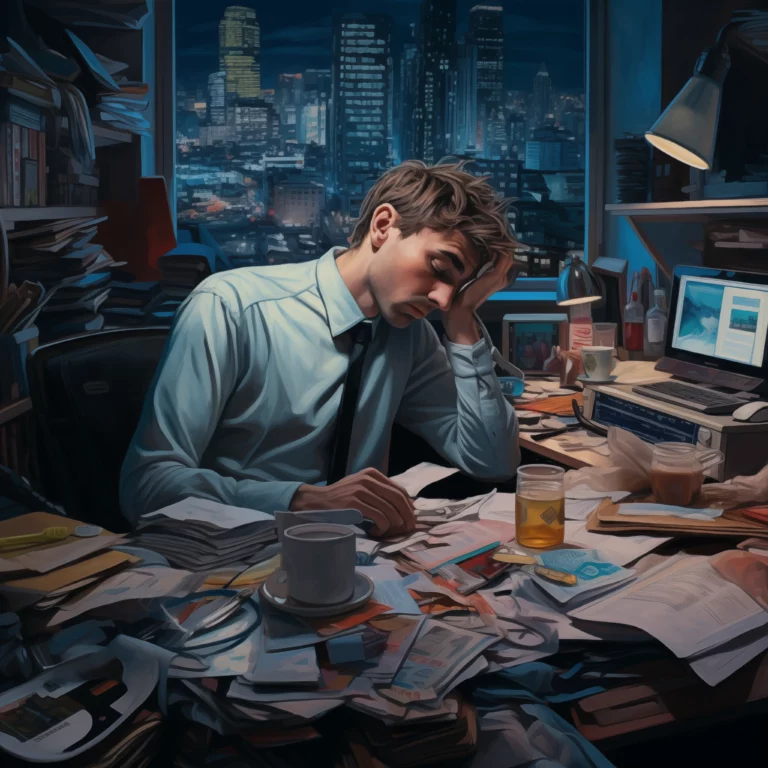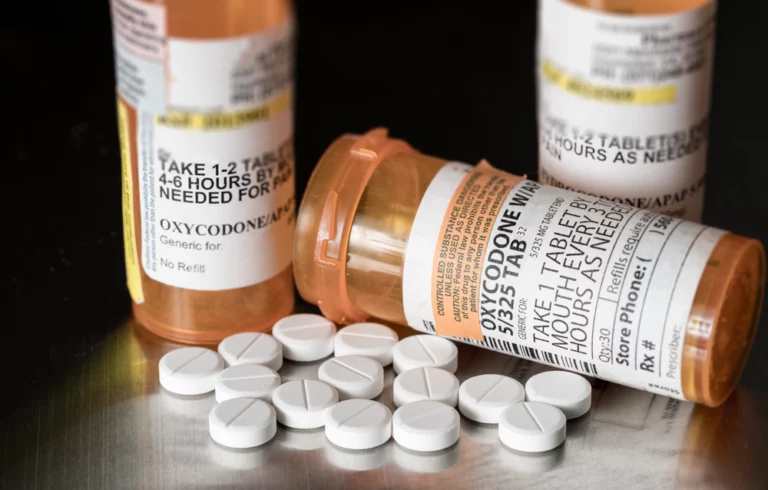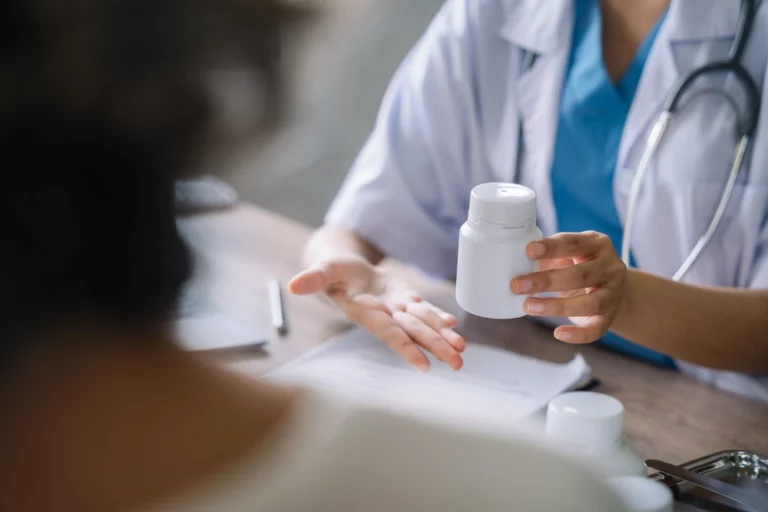The term alcohol withdrawal insomnia refers to the experience of being unable to either fall asleep or stay asleep after quitting alcohol.
Being unable to enjoy restful sleep, especially when you’re trying to let your body heal and recover, can create enough physical and emotional stress to feel a reason to drink again. This post will cover important information about what causes alcohol withdrawal insomnia and how you can counter it.
Connect With Us Now
Reach out to us now for immediate support, or let us know the best time to contact you through our confidential callback service. Your journey to healing is just a conversation away.
What Causes Alcohol Withdrawal Insomnia?
Alcohol withdrawal can lead to insomnia due to four main reasons: alcohol’s alterations in the brain, its impact on circadian rhythm, its sedative effects, and the anxiety induced by withdrawal.
While sleep disturbances are common during alcohol withdrawal, not everyone who experiences withdrawal will experience insomnia or poor sleep. It depends on how long someone’s abused alcohol and their current overall health.
#1 Changes in the Brain’s Chemicals
Alcohol abuse can have a profound impact on the neurotransmitters dopamine and gamma-aminobutyric acid (GABA). Over time, the body relies on alcohol to release these neurotransmitters and stimulate the brain’s reward centers instead of its own natural mechanisms.
As an inhibitory neurotransmitter, GABA reduces the neural activity in the brain, inducing a state of relaxation throughout the nervous system and allowing you to sleep. However, chronic alcohol abuse can cause the body to reduce the sensitivity of GABA to maintain balance. Once alcohol consumption stops, the altered brain chemistry can leave the brain and body unable to regulate and relax. The same process applies to dopamine.
#2 Circadian Rhythm
The human body is controlled by a natural sleep-wake cycle called the circadian rhythm, which repeats every 24 hours and is influenced by light and darkness. Chronic alcohol consumption blunts the internal clock’s ability to synchronize daily activities, including sleep and wake. Melatonin, which promotes sleep, is regulated by the circadian rhythm. During withdrawal, it can take the body days to weeks to adjust back to its default rhythm without being dominated by the effects of alcohol.
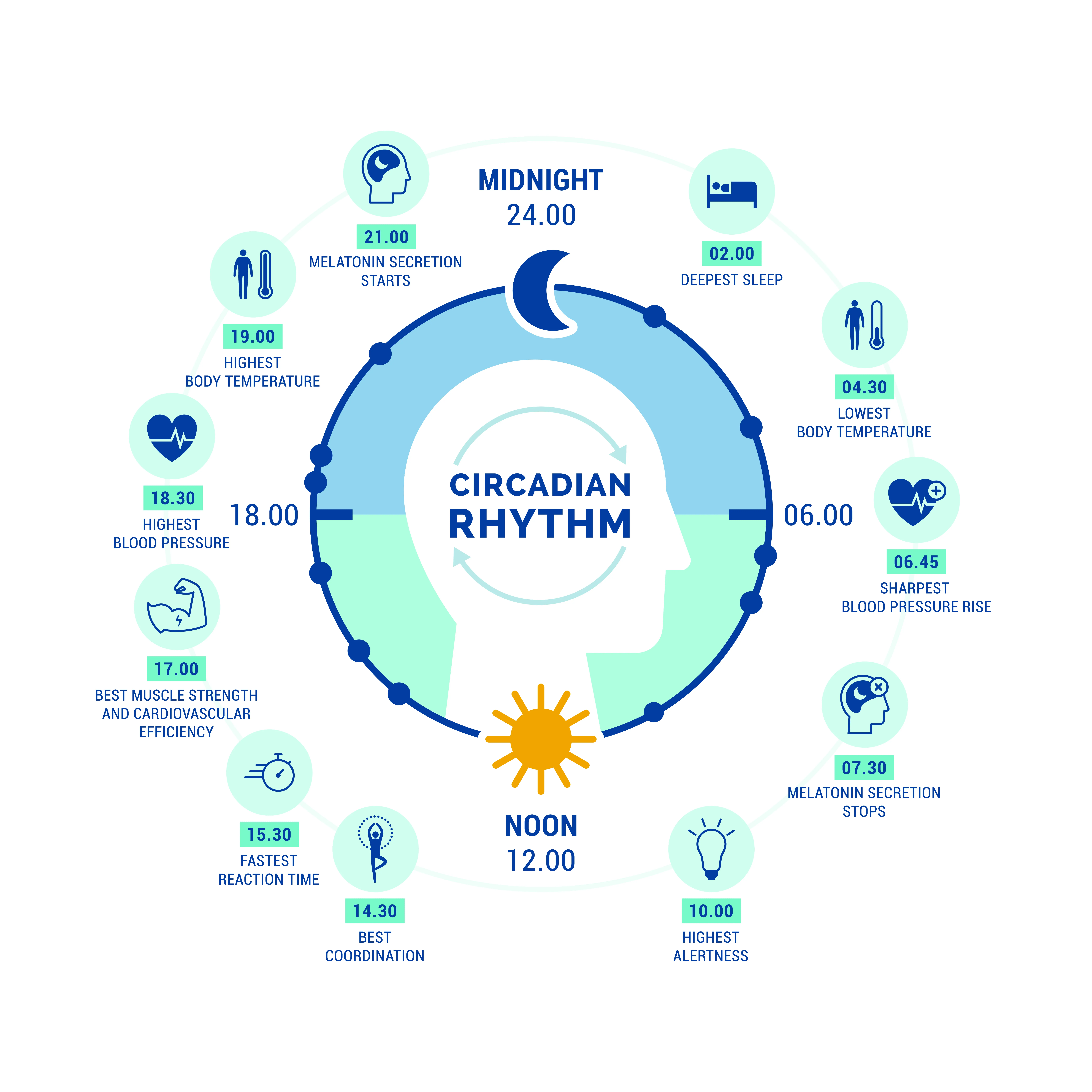
#3 Alcohol’s Sedative Effects
Alcohol has both stimulating and sedating effects, and 20 percent of Americans reported using alcohol to help fall asleep. Once alcohol is no longer used as a sleep aid, the underlying insomnia or sleeplessness affecting a person before they begin using alcohol can return in full force.
#4 Anxiety
Alcohol withdrawal can induce a heightened state of anxiety and irritability. For many people, the decision to break free from alcohol abuse comes with a mix of emotional highs and lows.
While there is a feeling of excitement and empowerment when thinking about the future, the anxiety toward the withdrawal process, how life will look once a person is sober, and the challenges ahead can lead to difficulty falling asleep and frequent awakenings.
Another factor to consider is the environment someone’s in during alcohol withdrawal. Noise from family, roommates, televisions, or outside activity can make rest impossible.
A person may also feel agitated in an environment that is stressful, unsafe, or overstimulating. This is why it’s important to detox in a quiet and monitored setting where distractions and discomforts can be minimized, such as a medical detox facility.
Take Our Addiction Quiz for Recovery Insights
When Does Insomnia Happen in the Withdrawal Process?
The first alcohol withdrawal symptoms can occur within hours of the last drink. The timeline is based on the duration and volume involved in their alcohol dependence.
Heavy drinkers are more likely to experience more severe alcohol withdrawal symptoms. While insomnia and other symptoms usually start within the first day, they tend to peak 24 to 72 hours after beginning. For some people, insomnia can be a long-term symptom that requires ongoing lifestyle management and treatment.
Read more about: How To Get Alcohol Out Of Your System.
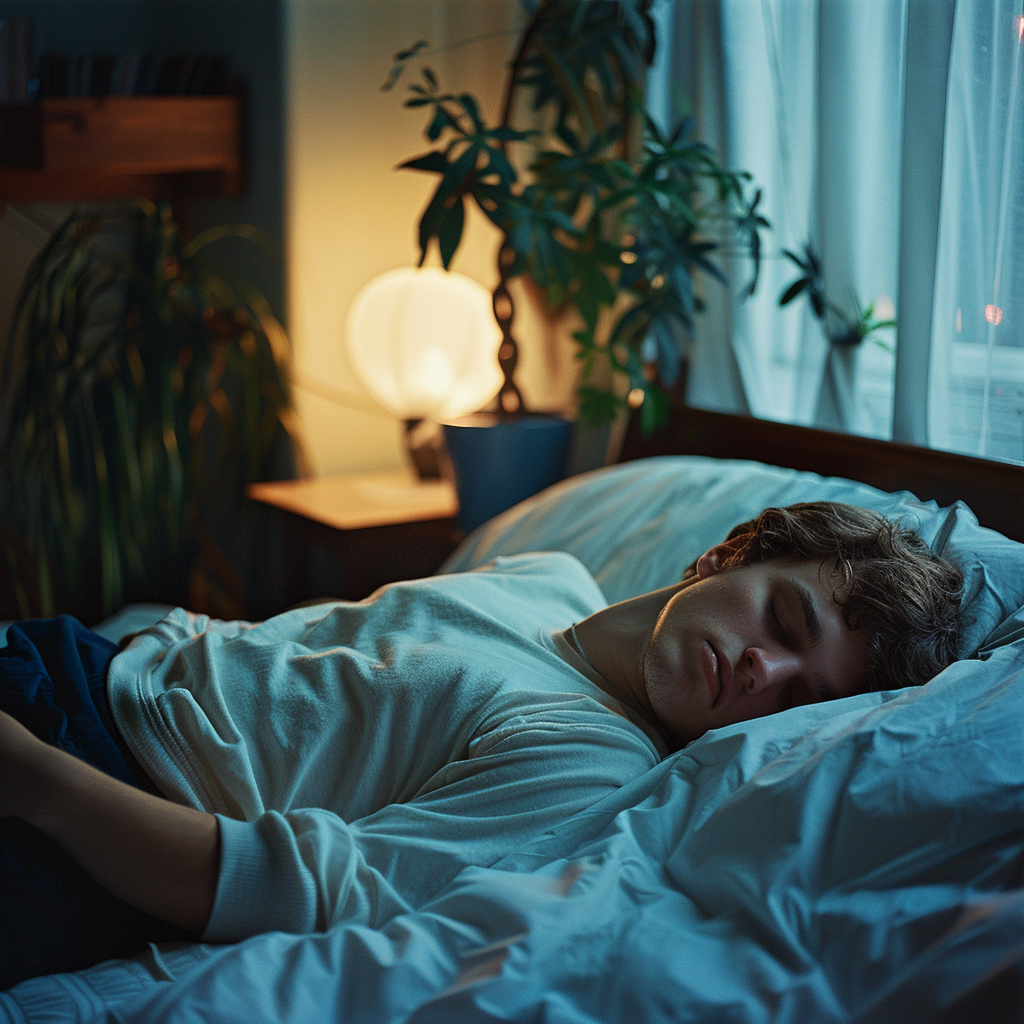
How Do You Treat Alcohol Withdrawal Insomnia?
First, it’s important to make sure that medical professionals are addressing all withdrawal-related symptoms in a safe setting. For some, medical detox can alleviate insomnia within days. For persistent insomnia, lifestyle changes can help reset the disrupted circadian rhythm post-alcohol use. Here are tips for overcoming withdrawal-induced insomnia:
- Stick to a regular sleep schedule: One of the most effective ways to manage insomnia is to stick to regular sleep and daytime schedules that revolve around the body’s 24-hour natural clock. The simplest rule is to go to bed and wake up at the same time each day and night. Ideally, this means waking up as close to sunrise as possible and going to sleep soon after sunset to sync your body up with the natural rhythm of the day. However, this can be slightly harder to do during winter when the sun sets early. A sleep schedule should also involve eight to nine hours per night.
- Avoid naps: While naps can relieve overtiredness when experiencing insomnia, each nap can reset your sleep cycle. Frequent and late naps are associated with increased sleep fragmentation and poorer sleep quality.
- Avoid stimulation before bedtime: While it may be tempting to fill sleepless nights with screens, exposure to artificial light disrupts the circadian rhythm. Avoid screens and exposure to bright lights at least two hours before bedtime.
- Avoid caffeine: In general, coffee’s stimulating and dehydrating effects can make it a less-than-ideal choice during detox and withdrawal. Caffeine can create a hyperactive state that exacerbates insomnia symptoms. Sleep experts recommend abstaining from caffeine at least six hours before your anticipated bedtime.
- Exercise: Exercise can help to treat insomnia by helping you fall asleep more quickly and increase sleep quality. Exercise has also been shown to improve withdrawal symptoms and reduce relapse rates in people with substance use disorder (SUD). However, check with your medical provider or detox specialists if exercise is safe in your current withdrawal state. Severe withdrawal symptoms that can include seizures, delirium, or cardiovascular issues, and unsupervised exercise may be dangerous.
- Medication-assisted treatment: Medication-assisted treatment (MAT) may be necessary for some people who are struggling with severe alcohol withdrawal insomnia. With studies indicating that sleep disturbances independently increase the risk for relapse to alcohol, some care providers will provide trazodone, Seroquel, and Remeron. Alcohol detox centers usually do not allow or prescribe controlled sleep medications.
Alcohol Withdrawal Insomnia Should Be Taken Seriously
Anyone who has ever had a sleepless night due to insomnia already knows how much anxiety and discomfort staying up all night can create. The effects are more intense during alcohol withdrawal. Fortunately, medically assisted detox programs can provide around-the-clock care and support that allows individuals to be as comfortable and relaxed as possible.
Clients at a professional medical detox center can enjoy semi-private rooms, on-site clinicians and therapists, and medication-assisted treatment to help manage insomnia and other alcohol withdrawal symptoms.
Read more: Is Someone On MAT Sober? Concept, Benefits, & More
Are You Covered For Treatment?
Asheville Detox Center partners with numerous private insurance providers. Our team is committed to assisting you in quickly and effortlessly verifying your insurance coverage for treatment.
Comfortable & Safe Alcohol Withdrawal Management In Asheville, NC
If you or someone you know is struggling with insomnia during alcohol withdrawal, contact Asheville Detox Center. Our medical detox center is the only private and dedicated detox facility in Asheville, NC, licensed and trained in alcohol withdrawal, opioid withdrawal, benzo withdrawal, and more. Quitting alcohol doesn’t have to be dangerous or scary. Call, email, or fill out a form to get started today.


